Basics of JavaScript
Author: neptune | 15th-Apr-2022

Variables in JS
Variables are containers that store values. Variable names can be any legal identifier.
You can start by declaring a variable with the var (less recommended) or let keyword, followed by the name you give to the variable.
Important point to be remembered about Variables.
Important points to remember about variables.
var is the keyword to declare a variable.
Variables are the identifiers to store data values.
‘=’ is used to assign a value to a variable.
Variable names must start with _ or $ or letter.
Example:
99temp is invalid, whereas _99temp is valid.
What is ECMAscript ?
ES2015(known as ECMAscript), two other ways to declare variables were introduced- let and const. We can use these 2 keywords to define variables(now recommended).
The var statement declares a function-scoped or globally-scoped variable, optionally initializing it to a value.
Operators in JS
Just like the other languages JavaScript have the following operators.
We are going to explore these operators.
Assignment operators
Arithmetic operators
Comparison operators
Logical operators
String operators
Conditional operators
1. Assignment Operators “=”
Variables can be declared either by key var and value OR simply by assigning values directly.
Example :
var x = 42;
OR
x = 42 ;
We can assign the values of different data types to the same variable.
Example:
var x = 34;
var x = “Neptune”;
Type of a variable can be checked by using typeof operator.
Example:
var x = "Neptune";
console.log(typeof x); //returns String
2.Comparison Operators
JavaScript has operators like <, >, !=, >=, <= to compare 2 operands.
What is the difference between == and === operators ?
- "==" compares the operands and returns true without considering their data type.
- Example:
- var a = 10, b= “10”;
- (a==b) results in true due to the same value they carry, but ignores data types differentiation.
- However, (a===b) results in false as they are of different data types.
3.Standard Arithmetic operators
Addition + Ex: [5 + 8]
Subtraction - Ex: [49 – 38]
Division / Ex: [ 49 / 7]
Multiplication * Ex: [28 * 2]
Modulus % to return the remainder of a division – Ex: 50 % 7 is 1
Increment ++ to increment the operand itself by 1 – Ex: If x=4, x++ evaluates to 5
Decrement -- to decrement the operand itself by 1 – Ex: if x= 10, x—- evaluates to 9
4.Logical Operators
AND &&, OR ||, NOT ! are the logical operators often used during conditional statements to test logic between variables.
Expr1 && Expr2 returns true if both are true, else returns false.
Expr1 || Expr2 returns true if either is true.
!Expr1 operates on a single operand to convert true to false and vice versa.
5.String Operator
Operator "+" is used to concatenate strings.
var x = "Hello";
var y = " World ";
console.log(x + y);
/* Returns “Hello World” */
More on String Operator
While concatenating, JavaScript treats all data types as strings even if values are of different data types.
var x = "Hello";
var y = 100;
var z = 333;
console.log(x + y + z);
/* Returns “Hello100333” */
#JavaScript #Python #Hackerrank #AI #Motivation #React.js #Interview #Testing #SQL #Selenium #LeetCode #Machine learning #IT #Problem Solving #API #Java #GPT #AWS #Algorithms #Certifications #TCS #Github #Projects #Jobs #Django #Microservice #Node.js #Google #Story #Pip #Data Science #Postman #Health #Twitter #Elon Musk #ML
 Generate Fibonacci Sequence - JavaScript | Hackerank
Generate Fibonacci Sequence - JavaScript | HackerankAuthor: neptune | 07th-Apr-2023
#JavaScript #Hackerrank
Write a JavaScript function fibonacciSequence() to generate a FIbonacci sequence...
 Managing Virtual Environments in React JavaScript Projects
Managing Virtual Environments in React JavaScript ProjectsAuthor: neptune | 28th-Jun-2023
#JavaScript #React.js
Virtual environments are a valuable tool in React JavaScript projects as they allow developers to isolate dependencies, manage package versions, and maintain project consistency...
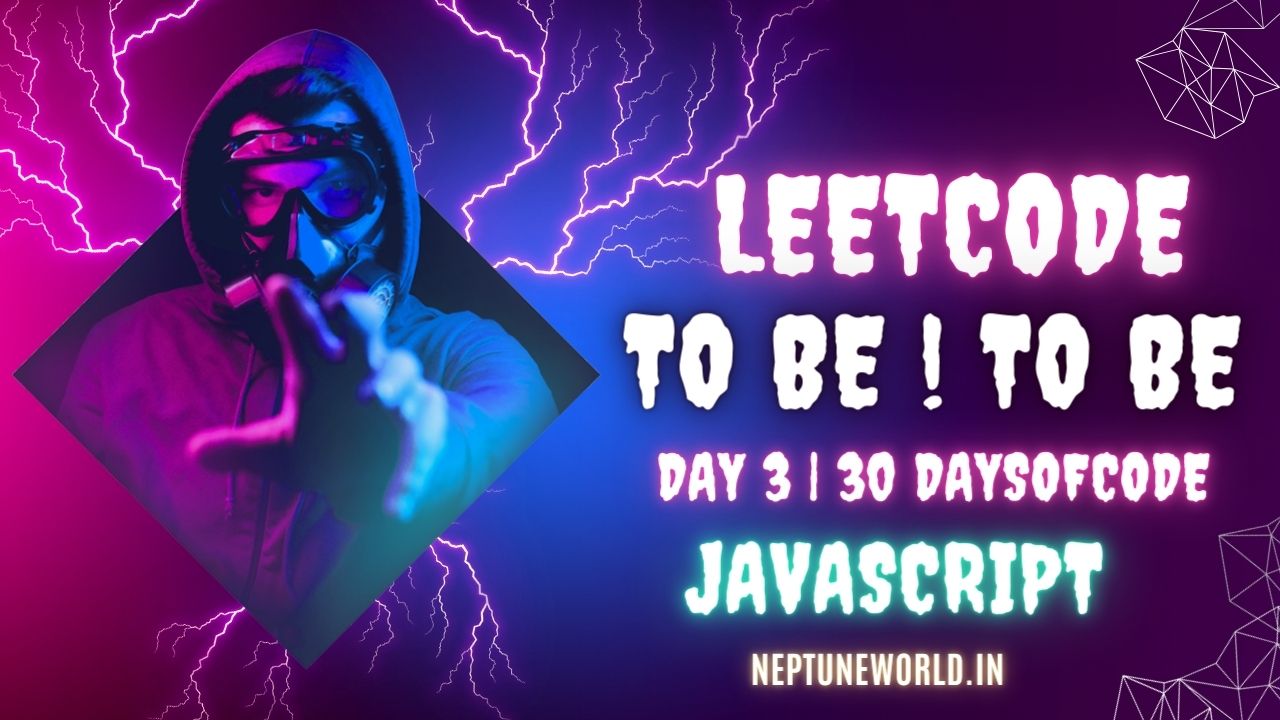 To Be Or Not To Be | #2704 | LeetCode Solution
To Be Or Not To Be | #2704 | LeetCode SolutionAuthor: neptune | 03rd-Sep-2023
#JavaScript #LeetCode
Write a function that helps developers test their code. It should take in any value and return an object with the following two functions...
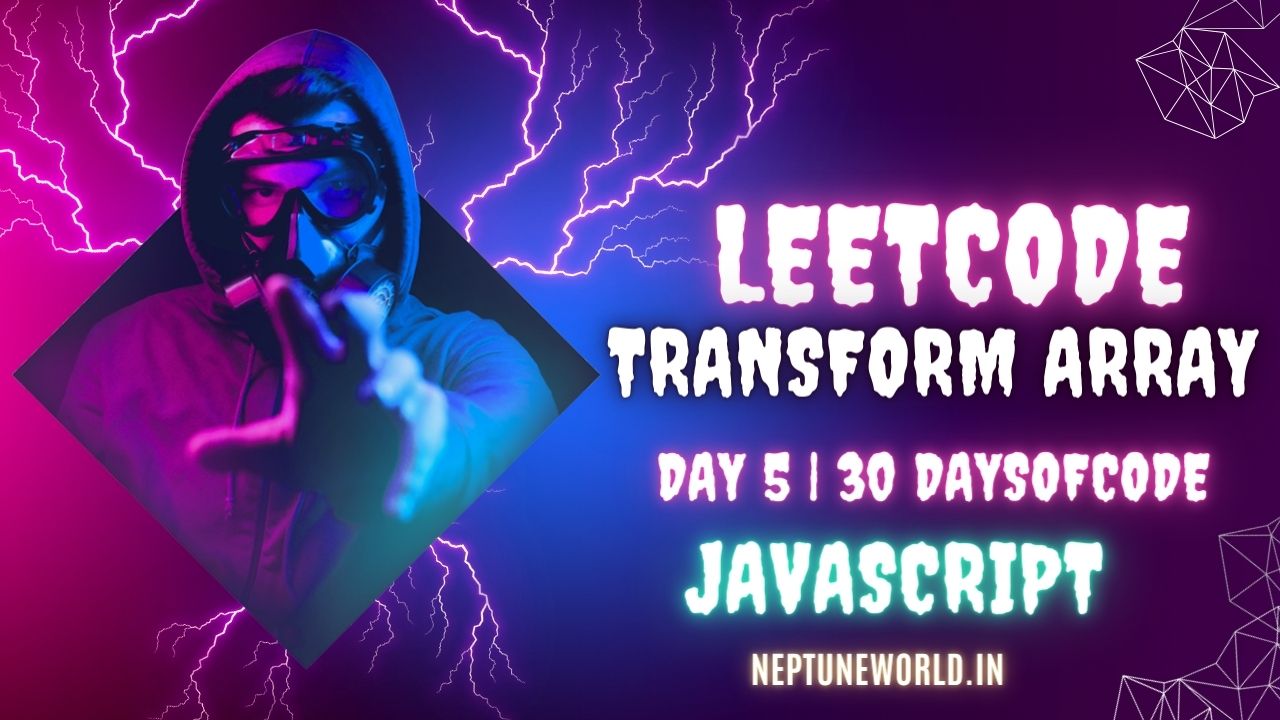 Apply Transform Over Each Element in Array | #2635 | LeetCode Solution
Apply Transform Over Each Element in Array | #2635 | LeetCode SolutionAuthor: neptune | 05th-Sep-2023
#JavaScript #LeetCode
Given an integer array `arr` and a mapping function `fn`, return a new array with a transformation applied to each element...
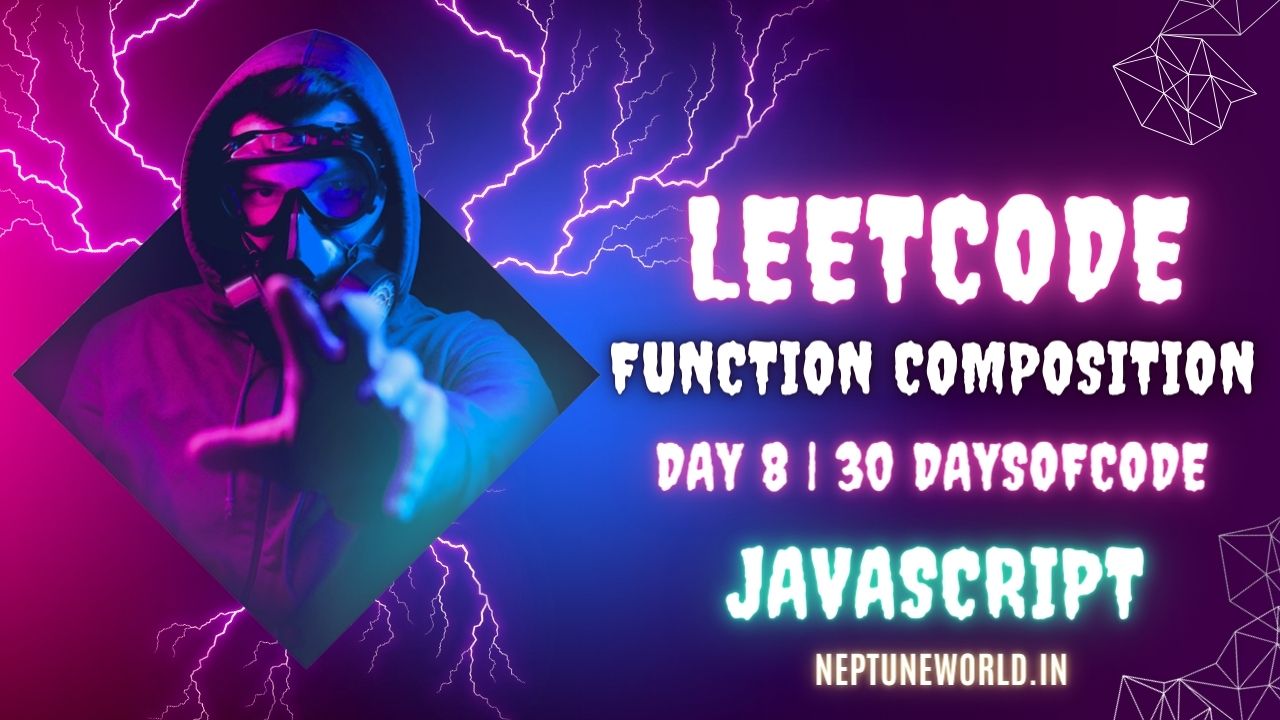 Function Composition | #2629 | LeetCode Solution
Function Composition | #2629 | LeetCode SolutionAuthor: neptune | 09th-Sep-2023
#JavaScript #LeetCode
Given an array of functions [f1, f2, f3, ..., fn], return a new function fn that is the function composition of the array of functions...
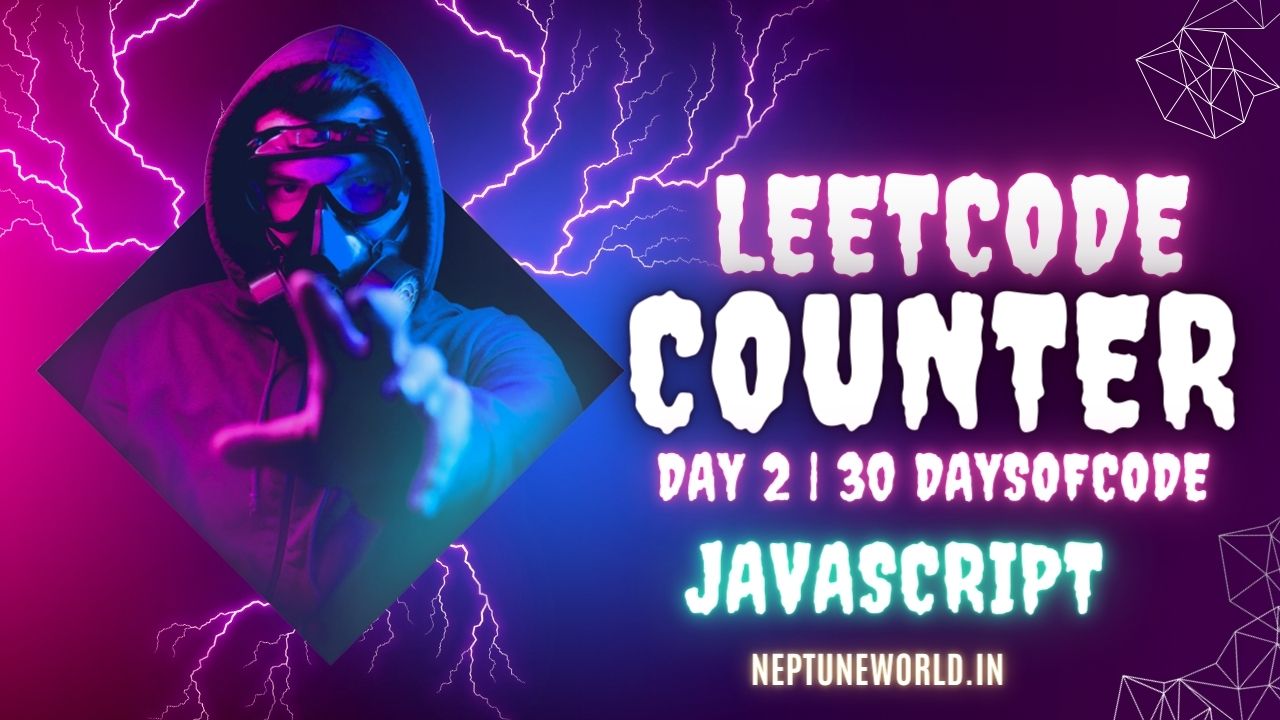 Counter | #2620 | LeetCode Solution
Counter | #2620 | LeetCode SolutionAuthor: neptune | 02nd-Sep-2023
#JavaScript #LeetCode
Given an integer n, return a counter function. This counter function returns n and then n + 1, n + 2, etc...
 Different ways to handle state in React applications
Different ways to handle state in React applicationsAuthor: neptune | 21st-Jun-2023
#JavaScript #React.js
This article explores different ways to manage states in React, including local component state, context API, and state management libraries like Redux...
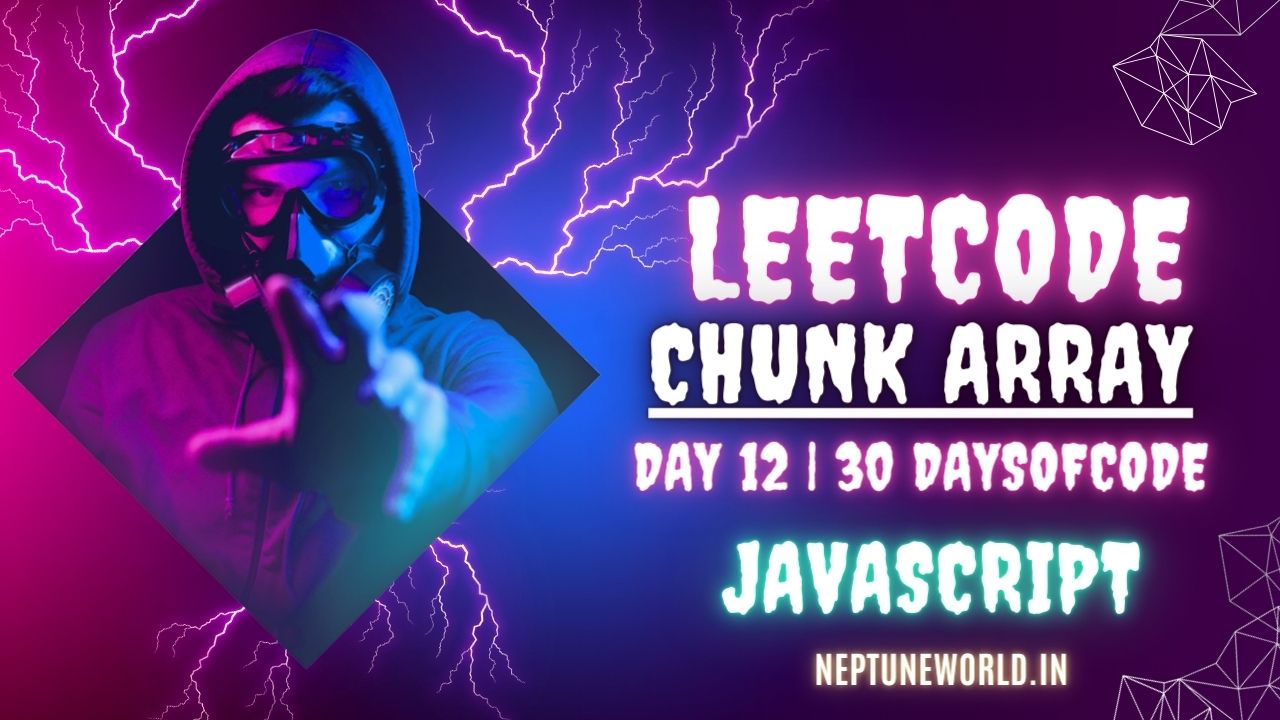 Chunk Array | #2677 | LeetCode Solution
Chunk Array | #2677 | LeetCode SolutionAuthor: neptune | 19th-Sep-2023
#JavaScript #LeetCode
Given an array arr and a chunk `size`, return a `chunked` array...
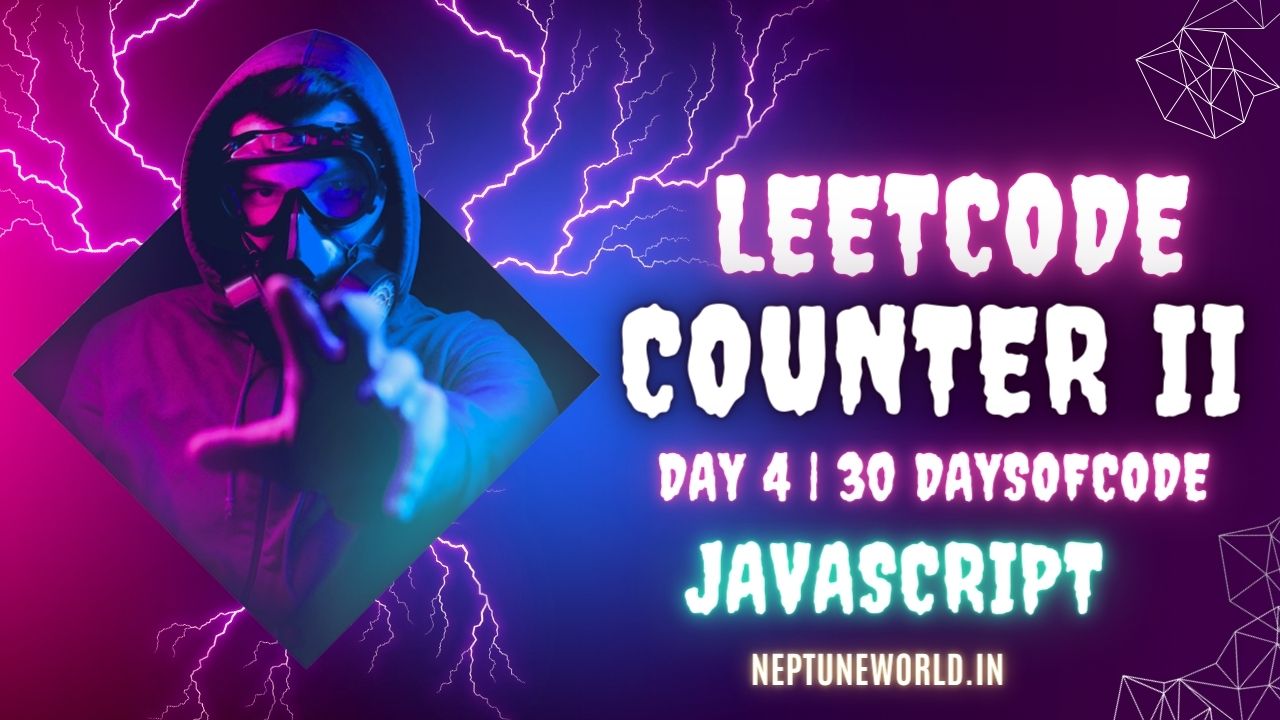 Counter 2 | #2665 | LeetCode Solution
Counter 2 | #2665 | LeetCode SolutionAuthor: neptune | 04th-Sep-2023
#JavaScript #LeetCode
Write function 'createCounter' It accept an initial integer 'init' It should return an object with three functions- increment() , decrement(), reset()...
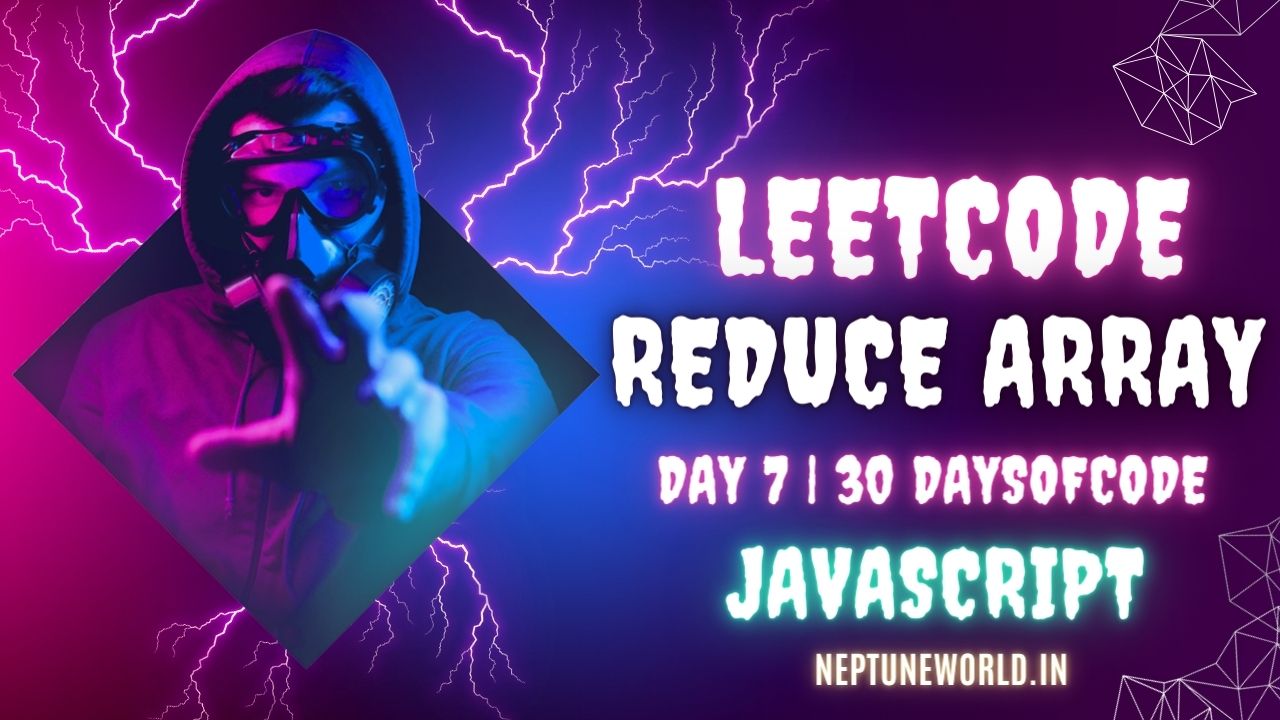 Array Reduce Transformation | #2626 | LeetCode Solution
Array Reduce Transformation | #2626 | LeetCode SolutionAuthor: neptune | 09th-Sep-2023
#JavaScript #LeetCode
Given an integer array `nums` and a reducer function `fn`, and an initial value `init`, return a reduced array...
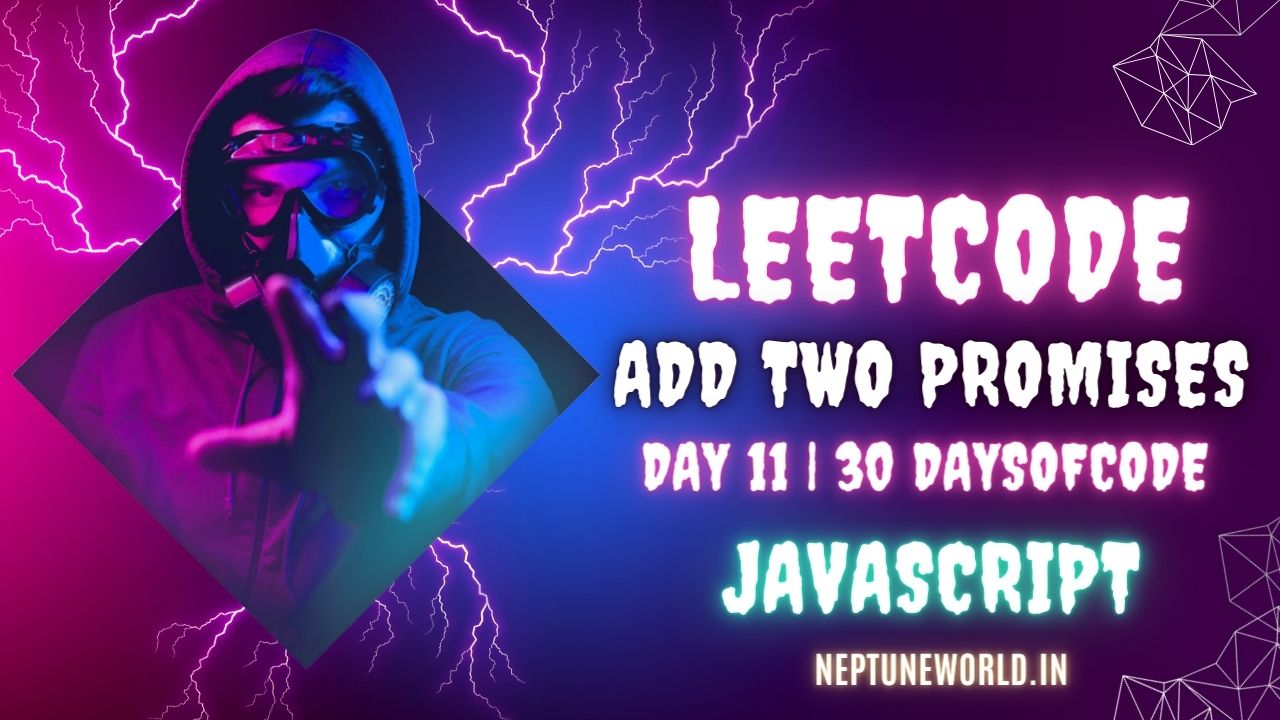 Add Two Promises | #2723 | LeetCode Solution
Add Two Promises | #2723 | LeetCode SolutionAuthor: neptune | 12th-Sep-2023
#JavaScript #LeetCode
Given two promises `promise1` and `promise2`, return a new `promise`. `promise1` and `promise2` will both resolve with a number...
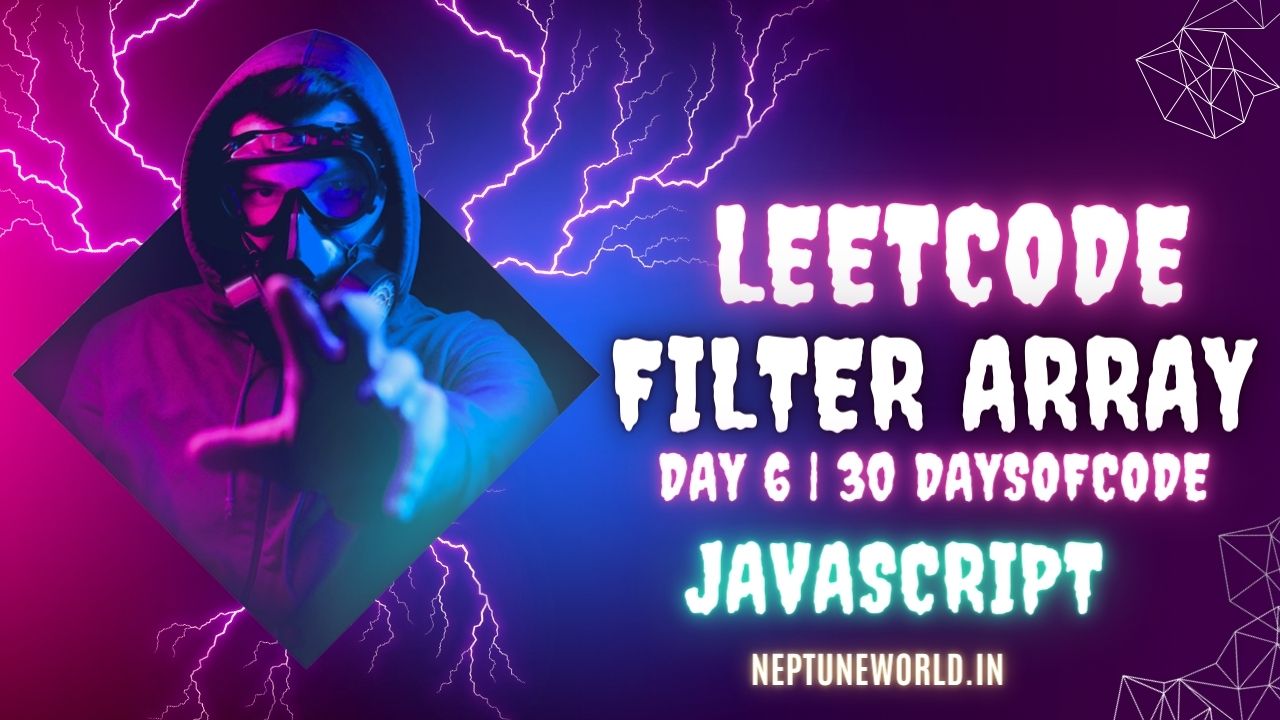 Filter Elements from Array | #2634 | LeetCode Solution
Filter Elements from Array | #2634 | LeetCode SolutionAuthor: neptune | 06th-Sep-2023
#JavaScript #LeetCode
Given an integer array `arr` and a filtering function `fn`, return a filtered array `filteredArr`...
 Arrow Functions in JavaScript | ES6
Arrow Functions in JavaScript | ES6Author: neptune | 26th-Mar-2023
#JavaScript #React.js
In this article, we will explore the syntax and usage of arrow functions in detail, along with some examples...
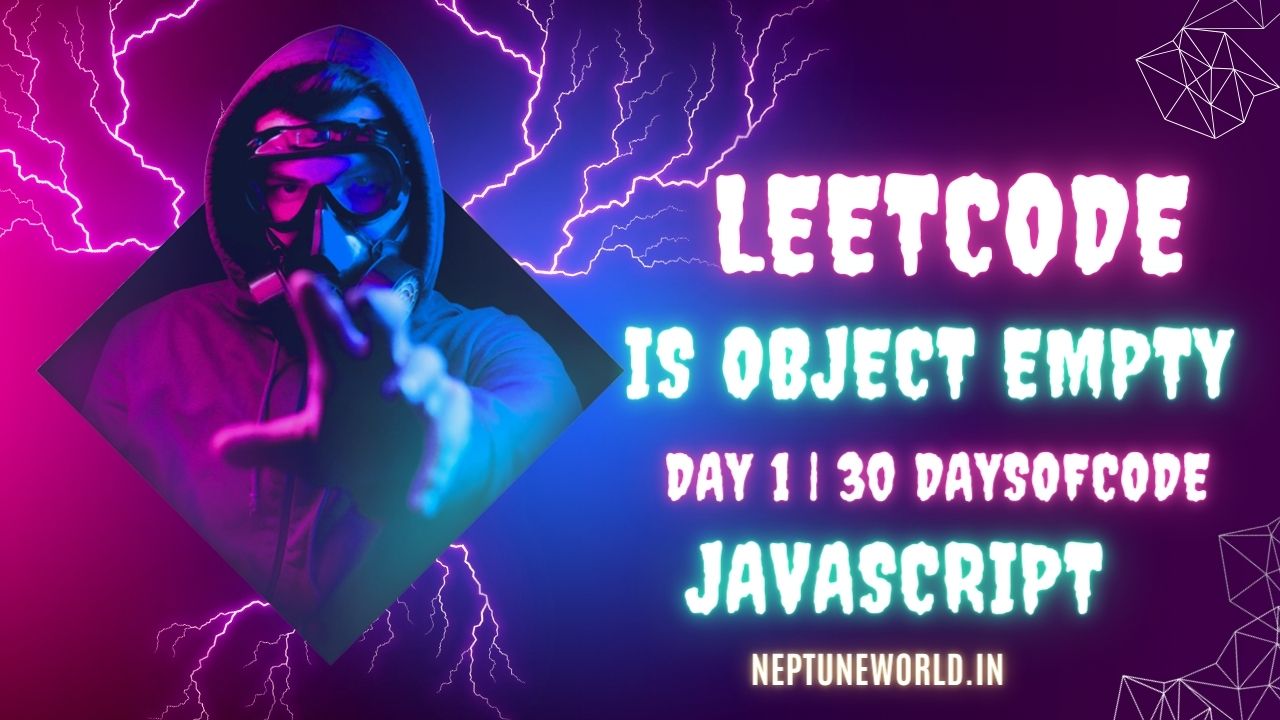 Is Object Empty | #2727 | LeetCode | JavaScript Solution
Is Object Empty | #2727 | LeetCode | JavaScript SolutionAuthor: neptune | 01st-Sep-2023
#JavaScript #LeetCode
Given an object or an array, return if it is empty...
 From REST to GraphQL: The Future of API Design
From REST to GraphQL: The Future of API DesignAuthor: neptune | 25th-Feb-2024
#JavaScript
Unlike traditional REST APIs, GraphQL provides a more flexible and intuitive approach to data querying and retrieval...
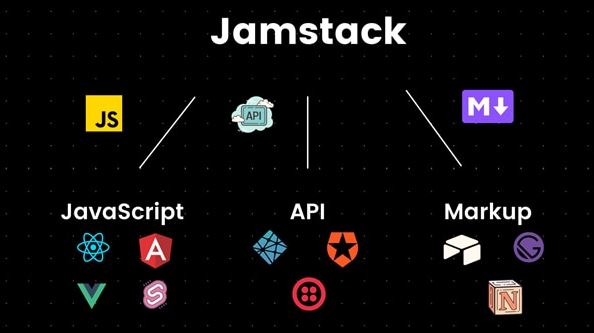 How I Built My Blogging Website Using React, Node.js, and Jamstack Architecture?
How I Built My Blogging Website Using React, Node.js, and Jamstack Architecture?Author: neptune | 31st-Jul-2024
#JavaScript #API
Building a blogging website using React, Node.js, and Jamstack architecture was a rewarding experience...
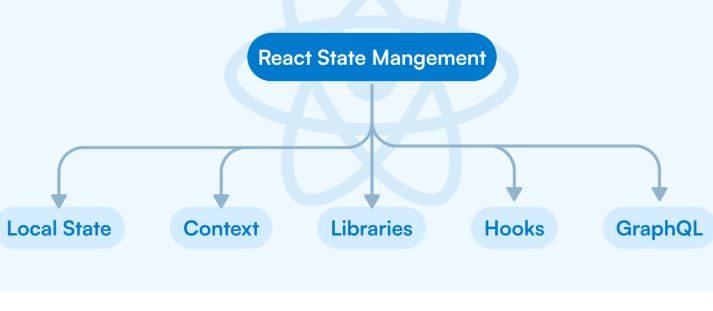 Do you know ! How to manage State in Functional & Class Components in React ?
Do you know ! How to manage State in Functional & Class Components in React ?Author: neptune | 25th-Jul-2024
#JavaScript #React.js
State management in React has evolved significantly with the introduction of Hooks...
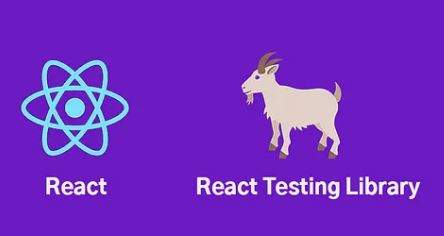 How to Perform Unit Testing in React Components with Examples?
How to Perform Unit Testing in React Components with Examples?Author: neptune | 25th-Jul-2024
#JavaScript #React.js
Unit testing in React is an essential practice to ensure the reliability and robustness of your components...
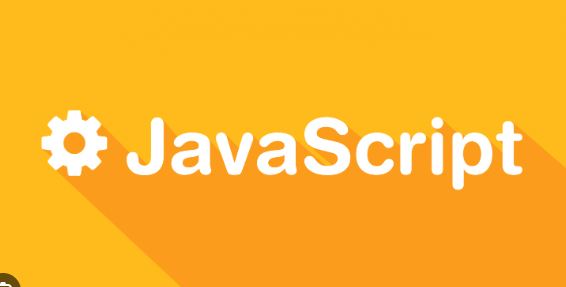 A Guide to Writing Clean, Readable, and Maintainable Code in JavaScript
A Guide to Writing Clean, Readable, and Maintainable Code in JavaScriptAuthor: neptune | 23rd-Feb-2024
#JavaScript
By incorporating these principles into your coding practices, you contribute to creating code that is not only functional but also maintainable and easily understandable by your peers...
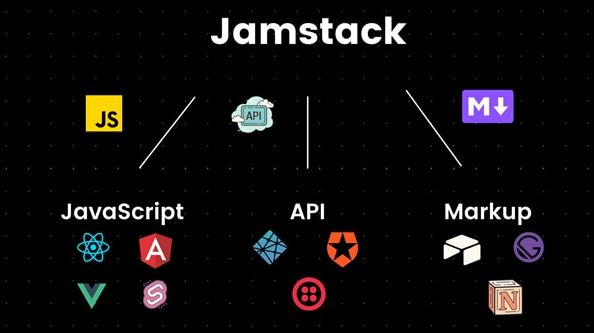 How to Get Started with Jamstack: A Comprehensive Guide?
How to Get Started with Jamstack: A Comprehensive Guide?Author: neptune | 05th-Jul-2024
#JavaScript #API
Getting started with Jamstack involves choosing the right tools, setting up a structured development environment...
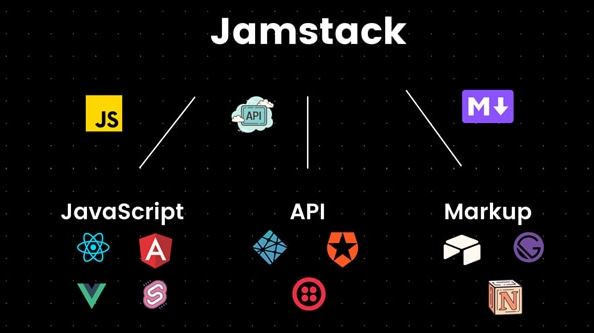 Why, What, and When: Understanding Jamstack?
Why, What, and When: Understanding Jamstack?Author: neptune | 05th-Jul-2024
#JavaScript #API
Jamstack represents a modern approach to web development that addresses many of the challenges faced by traditional architectures...
View More